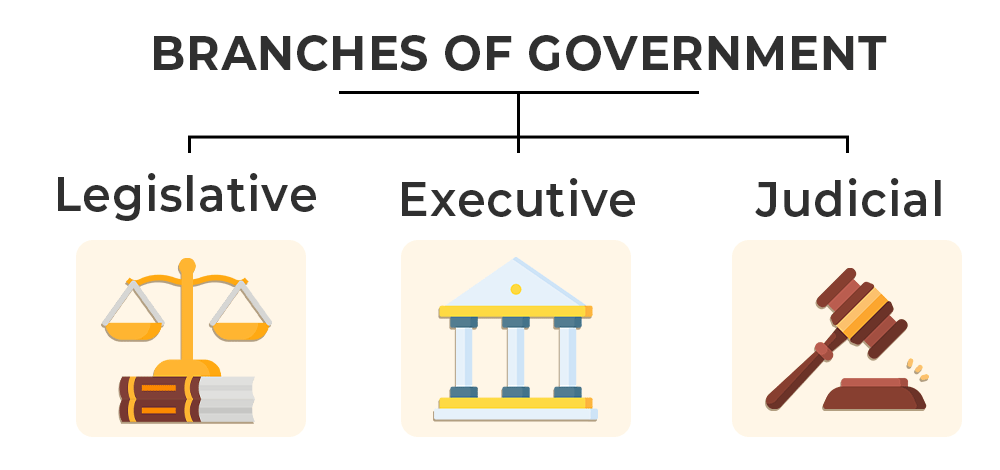Dr. Danial Augustine
Jesus Christ’s life is the foundation upon which the Christian faith stands. From His humble birth in a small village to His profound teachings, miraculous deeds, and ultimate sacrifice, His existence offers an unparalleled example of love, sacrifice, and divine purpose. His journey reveals not only His power and divinity but also His deep understanding of human struggle, suffering, and the need for spiritual redemption. Through His teachings, His miracles, and His death, Jesus exemplified the core principles of love, forgiveness, and sacrifice—principles that still resonate in the lives of billions across the world today.
Humble Beginnings and Early Life
Jesus Christ’s birth in Bethlehem, a small and unremarkable town in the far corner of the Roman Empire, was anything but ordinary. Born to Mary, a young virgin, Jesus’ arrival was a fulfillment of prophecies foretold centuries before. Despite being the Son of God, Jesus’ entry into the world was one marked by humility. His humble beginnings reflect the nature of His mission: to serve and uplift, not to dominate or rule through power. Jesus was, in every way, both divine and human. He was born with infinite knowledge and divine power, yet He fully embraced the human condition. He experienced hunger, pain, and loss—each of which enabled Him to empathize with the human struggle. In this, Jesus not only represented the perfect divine being but also the ideal human, one who fully understood the challenges of life on earth.
Early Preparation and Teaching
From an early age, Jesus showed signs of His divine purpose. As a child, He astounded religious leaders with His understanding of Scripture. At the age of twelve, He was found in the temple, teaching the elders in a manner that made them marvel at His insight. This early experience hints at His future ministry, one that would challenge and redefine religious norms.
When Jesus began His adult ministry, His life was marked by acts of preparation and dedication to God’s will. One of the first significant events in His ministry was His forty-day fast in the wilderness. During this time, He was tempted by Satan but resisted all temptations, demonstrating His unwavering commitment to God’s plan. His temptation in the wilderness was not just an isolated event—it symbolized the ongoing spiritual battle humanity faces and the strength found in obedience to God.
In addition to His resistance to temptation, Jesus was baptized by John the Baptist in the Jordan River. Despite being sinless, Jesus underwent baptism as a means to show His solidarity with humanity and teach the importance of obedience to God. His baptism, followed by God’s declaration of His divine Sonship, signified the beginning of His public ministry and set the stage for the miracles and teachings that would follow.
Pl, subscribe to the YouTube channel of republicpolicy.com
The Ministry of Jesus Christ
Jesus’ ministry was characterized by His compassion, His ability to heal, and His radical love for all people. Throughout His life, He performed numerous miracles, such as healing the sick, restoring sight to the blind, raising the dead, and even walking on water. These miracles were not just demonstrations of His divine power; they also fulfilled ancient prophecies and revealed His deep compassion for humanity. By healing the sick, feeding the hungry, and comforting the afflicted, Jesus showed that His mission was to restore both the physical and spiritual well-being of the world.
One of the most significant aspects of Jesus’ ministry was His emphasis on love and forgiveness. He taught that we must love our enemies, forgive those who wrong us, and extend compassion to the marginalized. In a world where people were divided by race, religion, and social status, Jesus’ message of love was revolutionary. He broke down barriers, reaching out to tax collectors, sinners, and even those considered outcasts by society. His love was unconditional and unbounded, offering hope to all, regardless of their past.
In addition to His compassion, Jesus’ teachings were also about transformation. He urged people to forgive others, to seek reconciliation, and to live in harmony. The parables He shared, such as the Prodigal Son, the Good Samaritan, and the Lost Sheep, taught profound lessons about repentance, forgiveness, and unconditional love. Through these parables, Jesus made complex spiritual truths accessible to all, using simple stories that communicated deep divine wisdom.
The Ultimate Sacrifice
Despite His miracles and message of love, Jesus was met with resistance and hostility from the religious and political leaders of His time. His teachings challenged the status quo, and His growing influence was seen as a threat by those in power. The night before His crucifixion, Jesus retreated to the Garden of Gethsemane to pray, feeling the weight of the world’s sin and suffering. In this moment, He was filled with anguish and sorrow, yet He chose to submit to God’s will, even knowing the immense suffering He would soon face.
Jesus was arrested, mocked, and beaten by the very people He came to save. His crucifixion was a painful and humiliating death, yet He endured it willingly. He chose to lay down His life for the sake of humanity’s salvation. His death was not the end, but the fulfillment of God’s plan for redemption. Jesus’ death on the cross was an act of ultimate sacrifice, offering Himself as the atoning sacrifice for the sins of the world. In His final moments, He forgave those who had crucified Him, demonstrating the depth of His love and mercy.
Resurrection and Eternal Hope
Three days after His death, Jesus rose from the tomb, conquering death and offering the hope of resurrection to all who believe in Him. His resurrection signifies not only His victory over death but also the promise that all who follow Him will be resurrected and granted eternal life. The resurrection of Jesus Christ is the cornerstone of Christian faith, affirming that death is not the final word and that through Jesus, all can find the hope of eternal life.
Jesus’ life and resurrection offer a model for living—a life of love, forgiveness, and sacrifice. His teachings transcend time and culture, offering wisdom that remains relevant today. Through His words and actions, He demonstrated that true greatness is found in serving others, that love and forgiveness are the keys to healing broken relationships, and that hope and redemption are always possible through faith in Him.
The Impact of Jesus’ Teachings
Jesus’ influence extends far beyond the historical events of His life. His teachings have shaped moral and ethical frameworks around the world, inspiring movements for justice, equality, and peace. His life reminds us that true greatness is not measured by power or wealth, but by the willingness to serve others and to sacrifice for the good of others.
In conclusion, the life of Jesus Christ offers profound lessons on love, sacrifice, and the power of faith. His humility, His acts of healing, and His ultimate sacrifice on the cross remain a source of inspiration and hope for millions of people around the world. Through His teachings and His resurrection, Jesus has provided a path to eternal life and a blueprint for living a life of compassion, forgiveness, and selfless service. As we strive to live according to His example, we find strength, peace, and hope that transcends all challenges and difficulties.
Cha

















